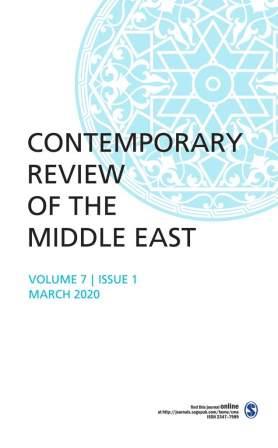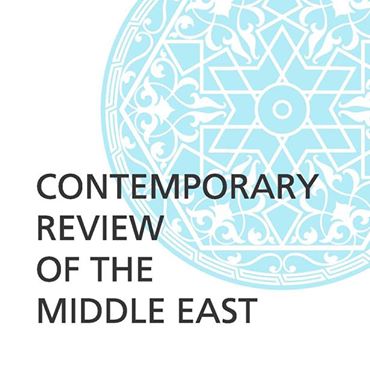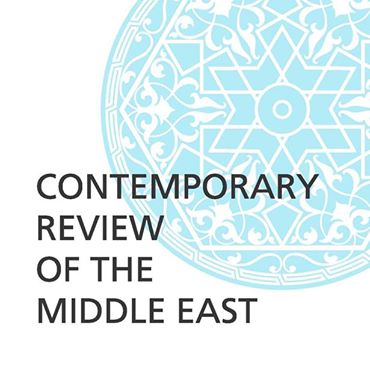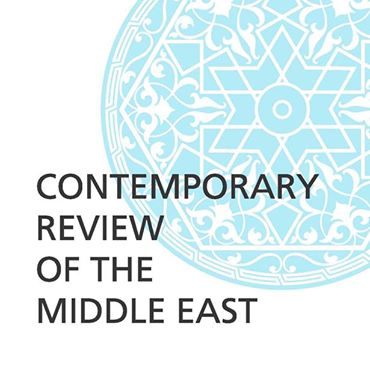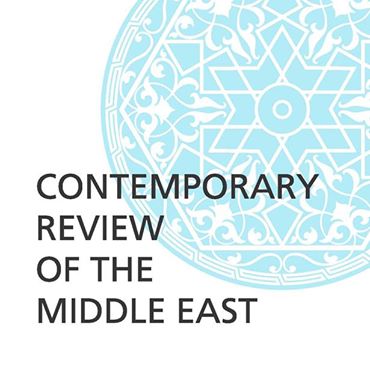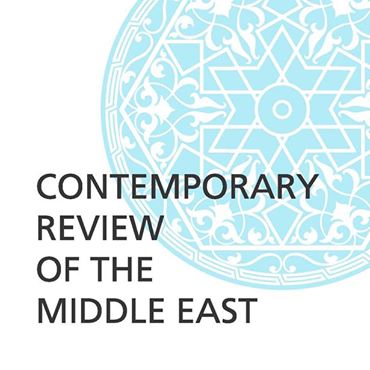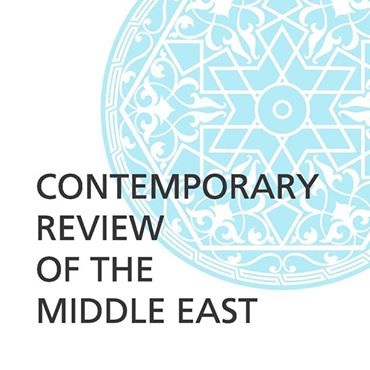Breaking
- MENU
Lorem Ipsum is simply dummy text of the printing and typesetting industry.
https://journals.sagepub.com/toc/cmea/current
.jpg)
The Origins of the Early Iranian Enlightenment: The Case of Akhundzade’s “Qiriˉtiˉkaˉ”
Mohammad Rezaei
Abstract
Akhundzade is one of the greatest Iranian modern intellectuals. Addressing nationalism, literary criticism, and alphabet reform in the Muslim world, and, most importantly, provoking trenchant criticism of the Islamic religion, he initiated a persistent controversy among the Iranian intellectuals. It is often argued that he approached the European thought through the lens of self-orientalism and grounded a so-called will to imitation. Drawing on his method of Qirītīkā (criticism), particularly in Maktūbāt (1865), I argue that he confronted the Western ideas instrumentally and was aware of the historical and social context of Iran. Furthermore, despite his apparent secular approach, which is labelled usually as garbzade (West-struck), he articulated an ensemble of elements that can be traced back to pre-Islamic Iran, India, and the West. His intellectual works not only stand as the figureheads of regional studies but also represent a path breaking approach to the problem of backwardness in Muslim societies.
Keywords: Iran-India relations, Islamic revisionism, Qirītīkā, Question of the West, secular intellectuals, tajaddud (modernity)
For the Text please see: Web Link
pp. 9–21
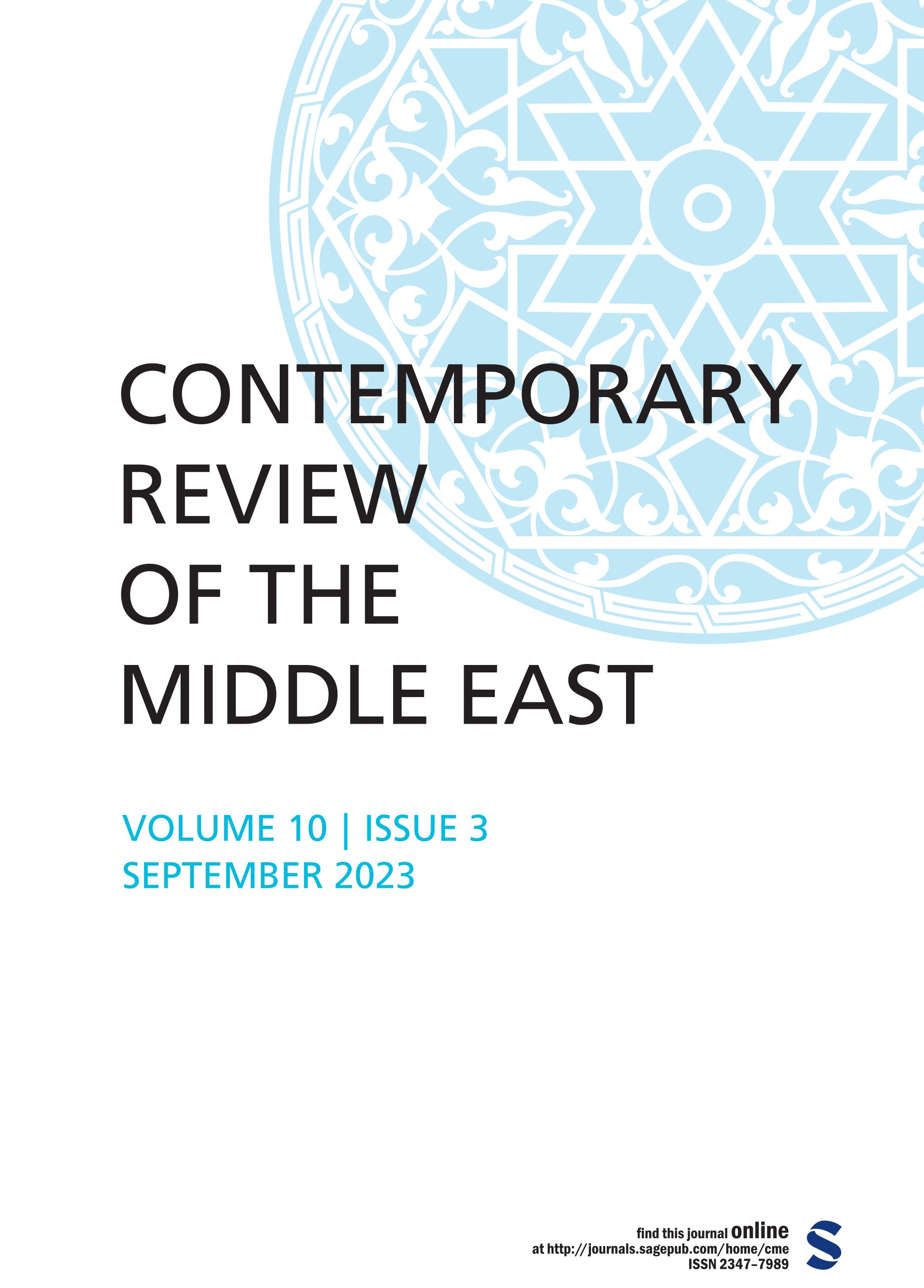
Invented Tradition as a Theoretical Approach Within Iranian Memory Studies: A Review Mohammad
Read More »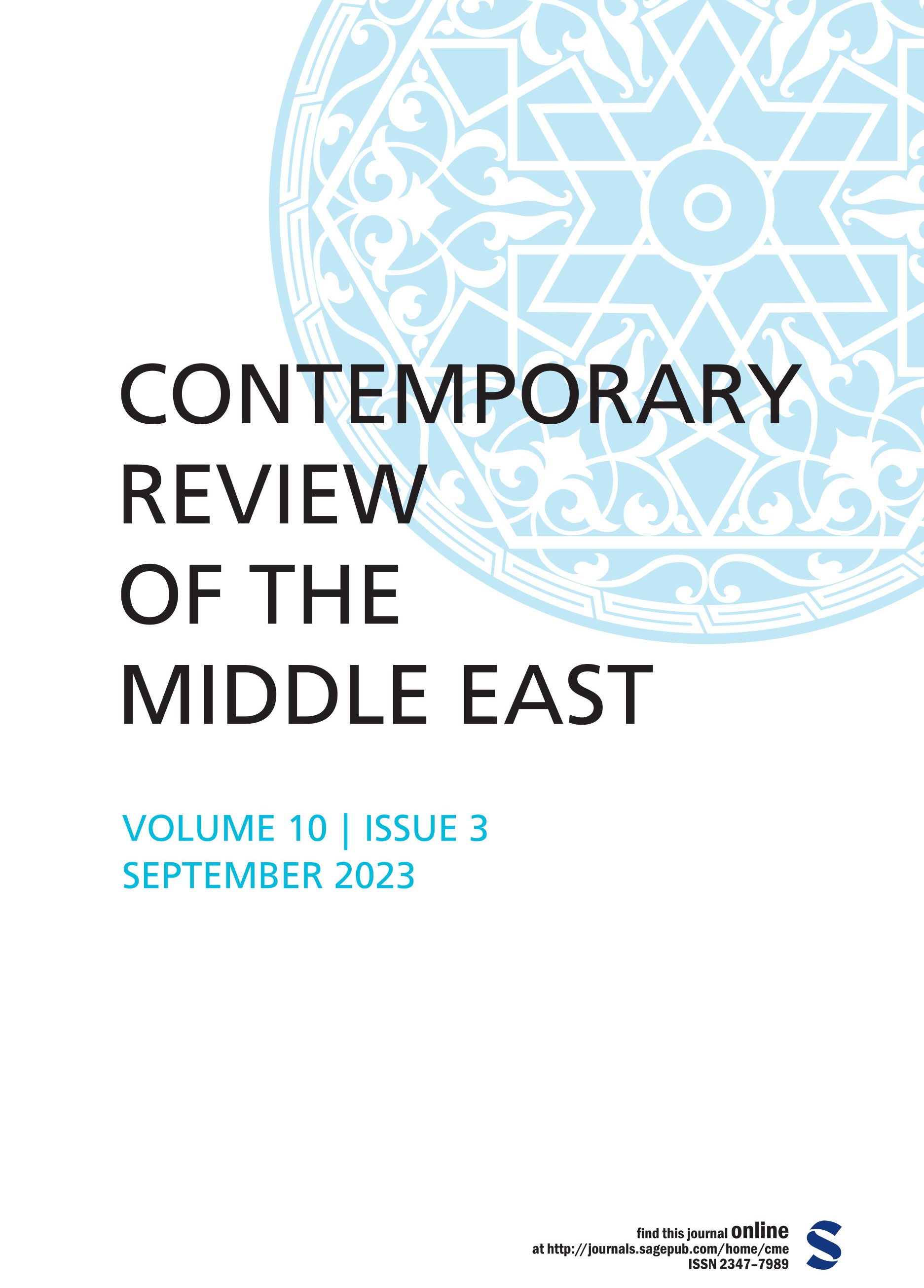
Neo-Ottoman Turk-Scape: Analyzing the Role of Dizis as Türkiye’s Soft Power Mohammad Reyaz and
Read More »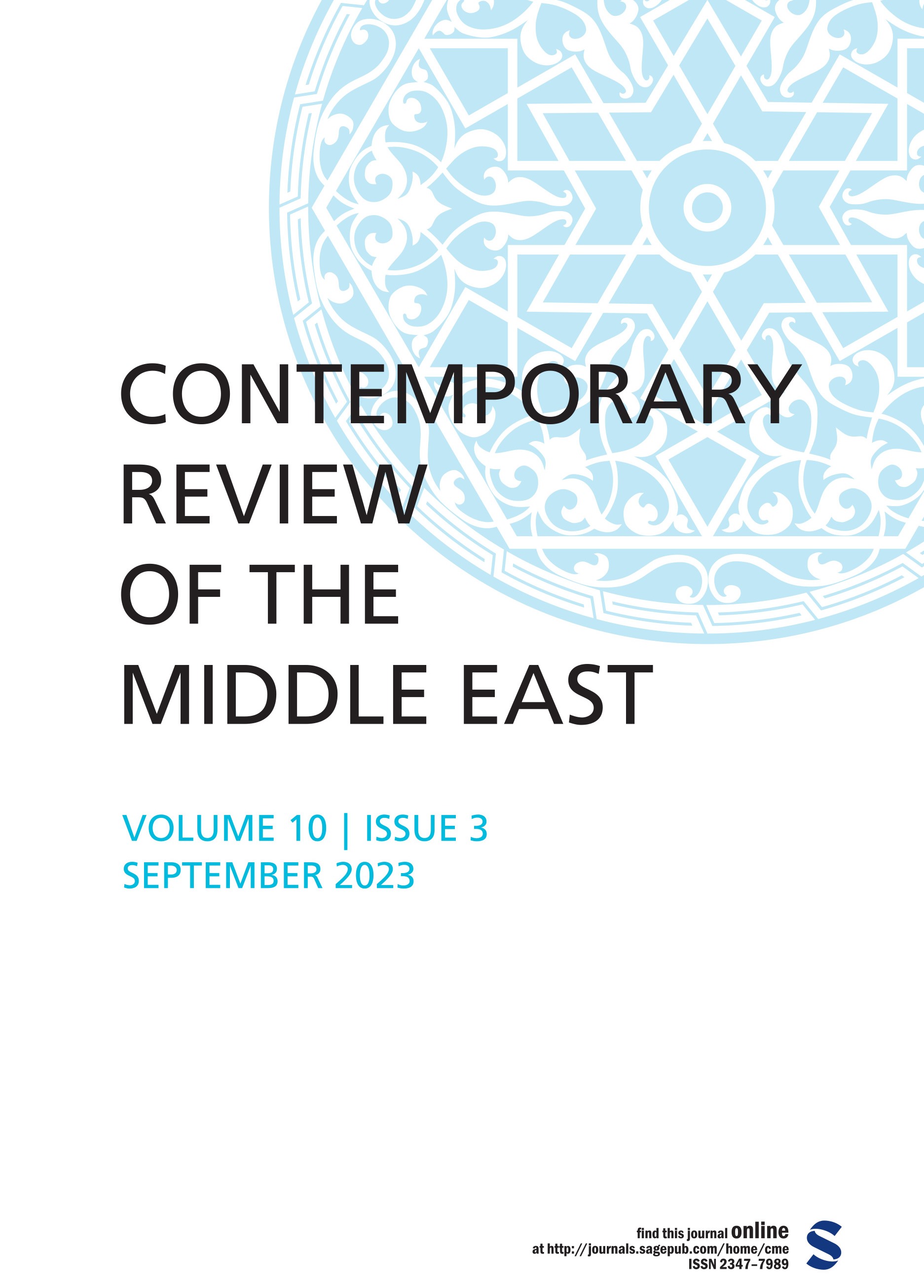
The Relations of Vietnam with the Middle East-North Africa Region: From a Divided State to an Important&
Read More »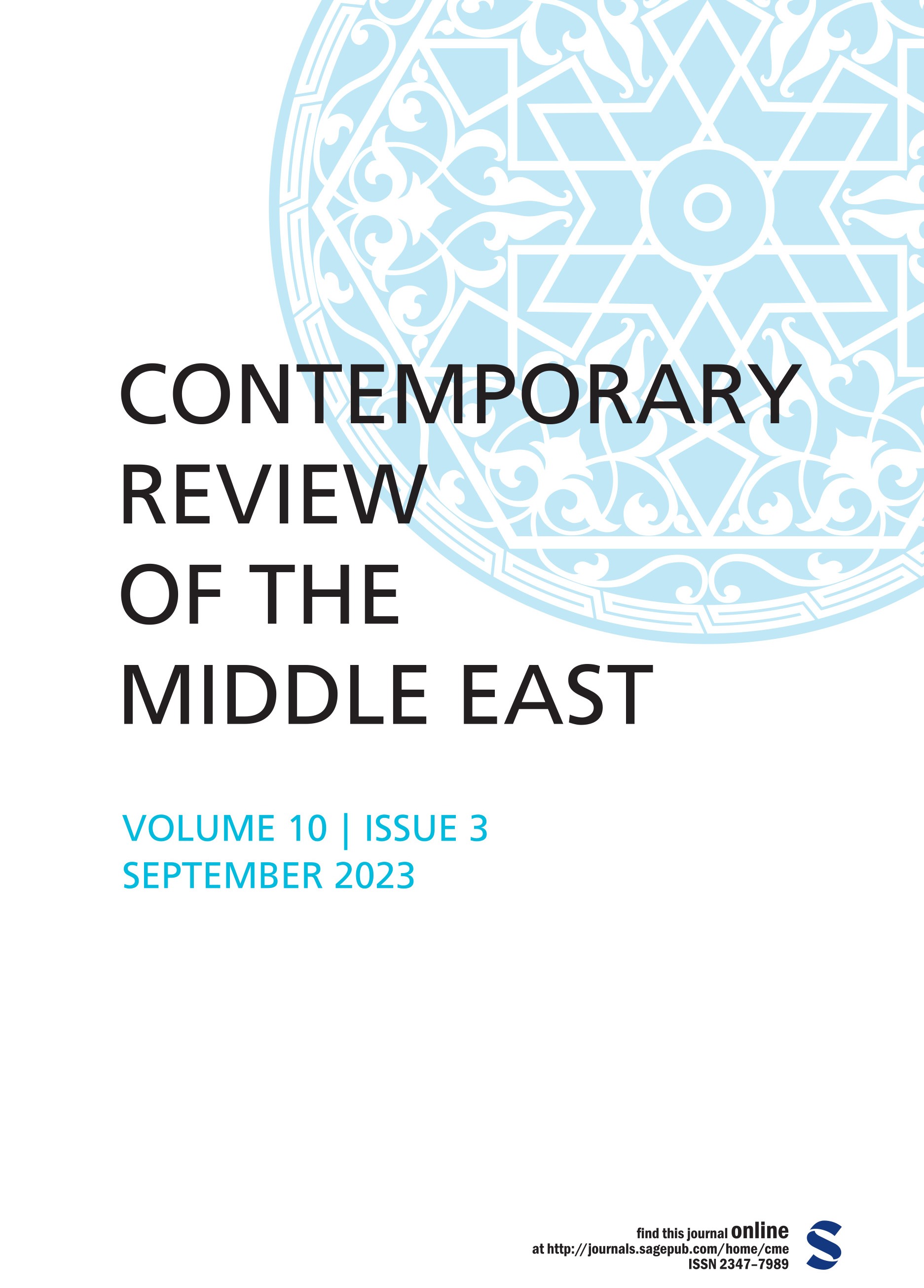
An Analysis of Yemen’s Geostrategic Significance and Saudi-Iranian Competition for Regional Hegemo
Read More »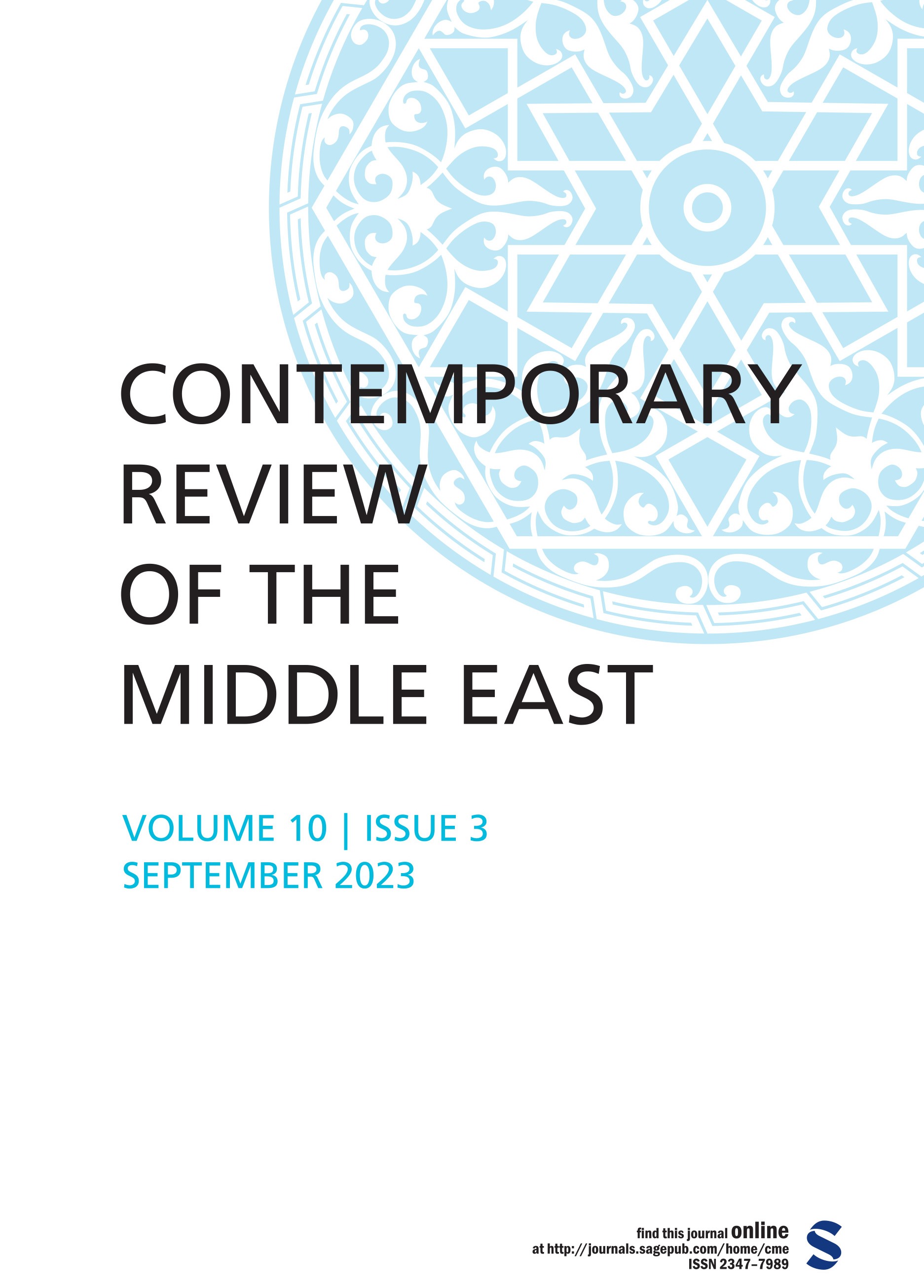
The National Reconciliation Process in Algeria During the Bouteflika’s Era: The Official Narrative Fa
Read More »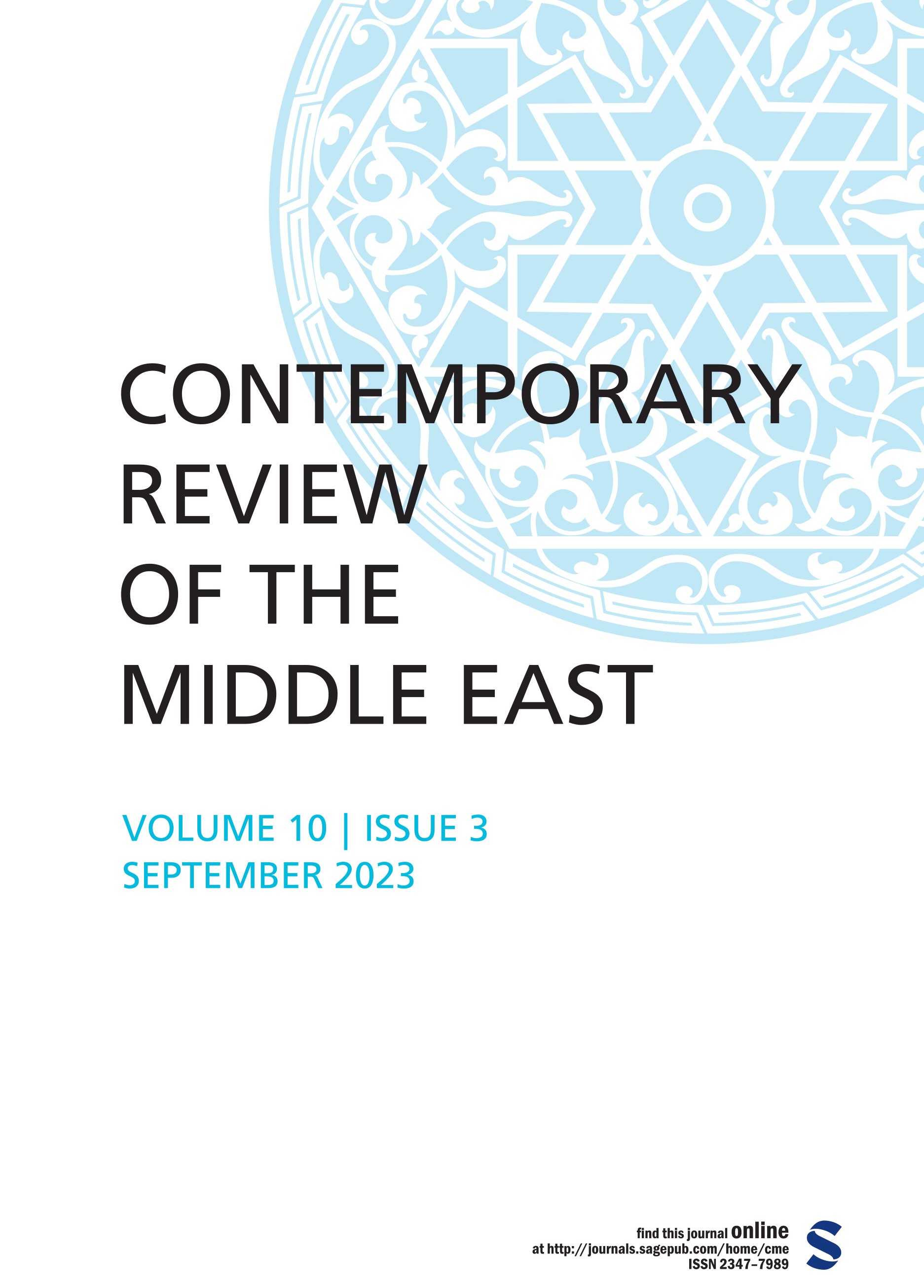
Dateline MEI When Netanyahu Rocks the Israel Boat, Nero Style P. R. Kumaraswamy For the text see: We
Read More ».jpg)
.jpg)
